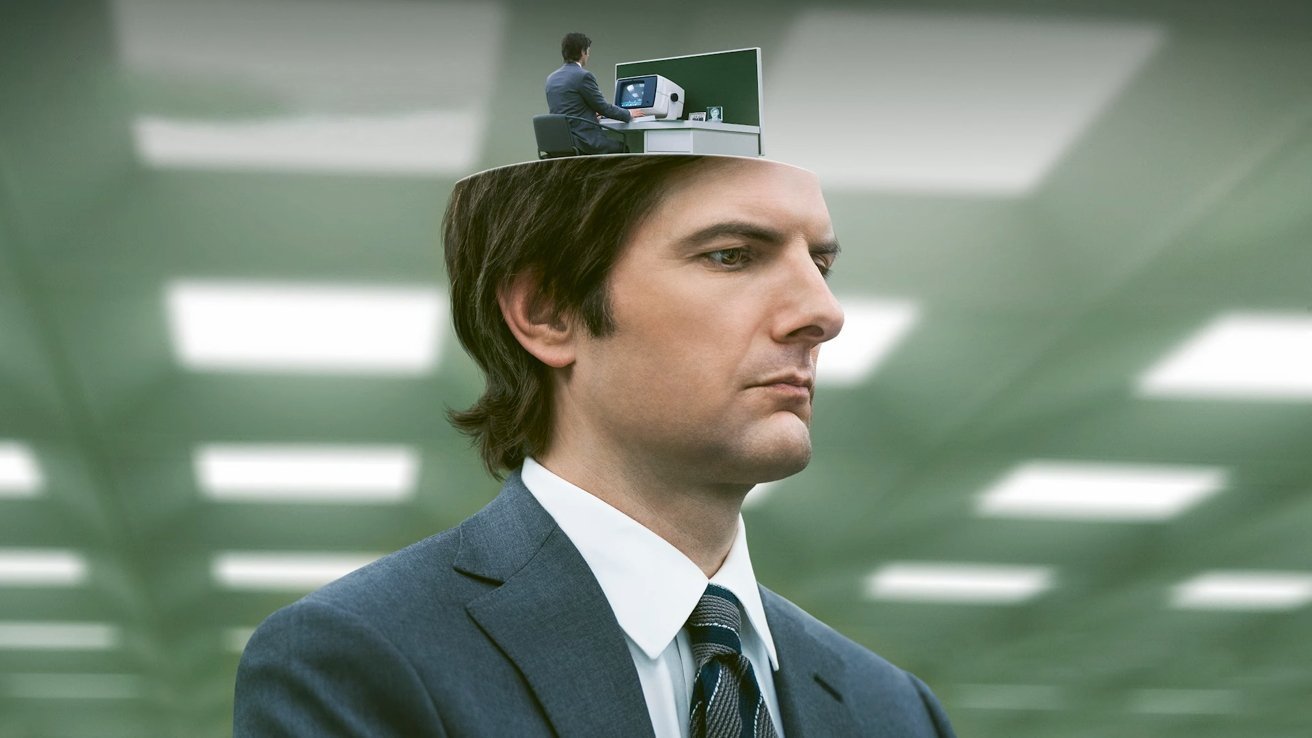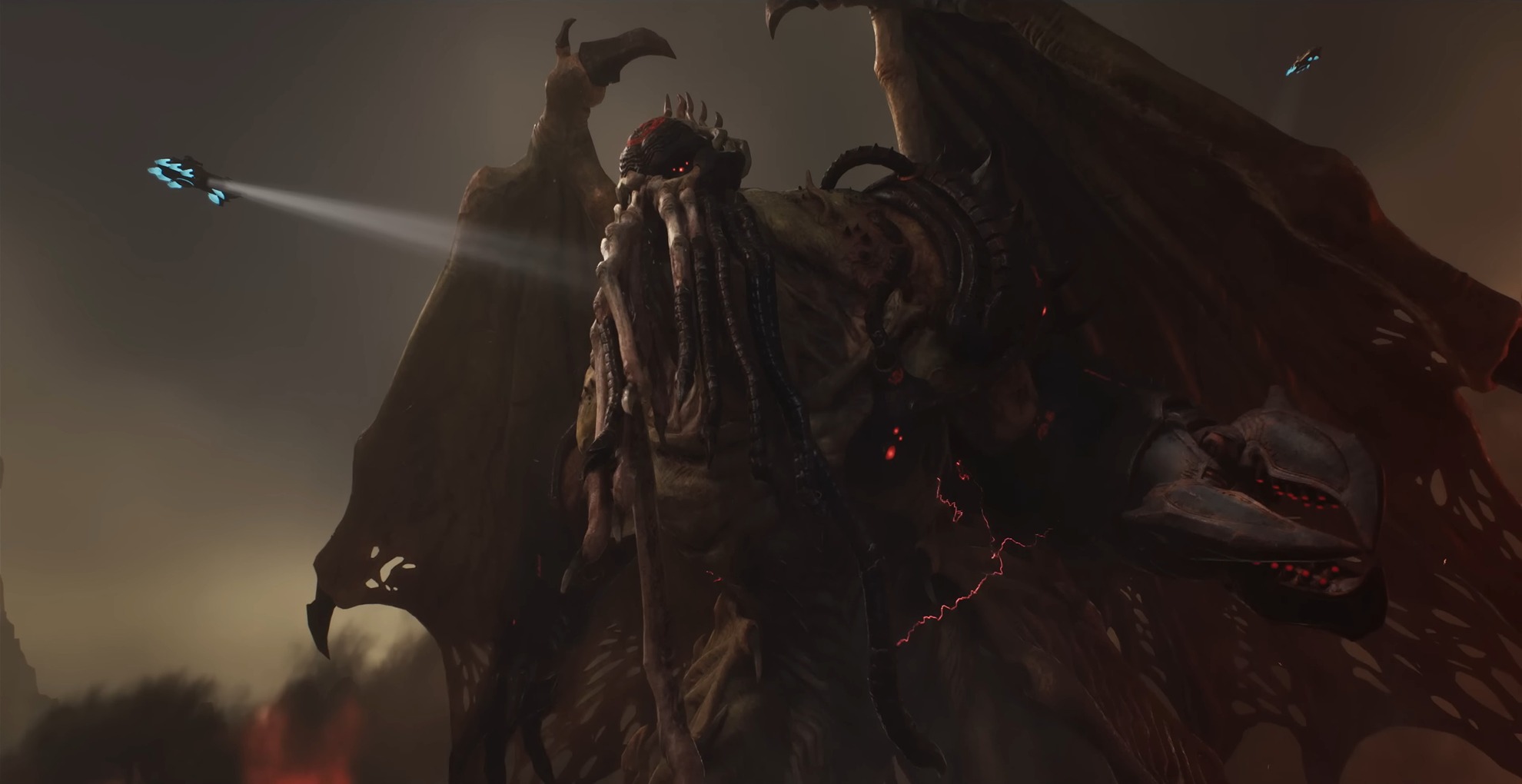The Political Depths of 'Andor': A Bold New Season Awaits

In the ever-expanding universe of Star Wars, the series has long been synonymous with epic narratives of rebellion, freedom, and the battle against oppressive forces. The latest installment, Disney Plus Andor, digs deeper than most previous entries, skillfully navigating the intricate web of psychological and emotional ramifications that arise from being ensnared in cycles of conflict. This series, a prequel to the 2016 film Rogue One, has distinguished itself as a refreshing, thought-provoking addition to Lucasfilms somewhat uneven streaming catalog.
Andor offers a sobering narrative that resonates with the revolutionary ethos at the heart of the larger Star Wars saga. Despite the audience's awareness of the eventual outcomes, the series emphasizes a critical theme: the necessity of hope amid the harrowing realities of war. As the second and final season rolls out, it continues this thread while propelling the story forward, showcasing the escalating battles of the Rebel Alliance against the Galactic Empire in the crucial years leading up to the events of A New Hope.
This new chapter promises a more expansive scope and introduces some of the most gut-wrenching narrative choices that Disney has ever permitted. In a contemporary world where political tyranny appears to be on the rise, Andors messages about the strength found in collective resistance feel more relevant than ever.
As the second season begins, much has evolved for Cassian Andor, played by Diego Luna. The stakes have never been higher for him and his fellow Rebels, like Bix Caleen (Adria Arjona) and Luthen Rael (Stellan Skarsgrd). The Empire, now more ruthless than ever, has ramped up its efforts to crush any dissent, making the Rebels mission not just daunting, but perilously hazardous. Yet, the brutal realities of the Empire's inhumane tactics have galvanized many to join the Rebel cause, and Cassians own journey into becoming a committed freedom fighter equips him to inspire and mentor newcomers to the struggle.
Haunted by memories of their daring heists and a prison break that took place right under the Empire's nose, characters such as Dedra Meero (Denise Gough) and deputy inspector Syril Karn (Kyle Soller) are depicted grappled by their past failures. Recently promoted, Syril and Dedra find themselves entangled in a top-secret initiative led by director Orson Krennic (Ben Mendelsohn, reprising his role from Rogue One), which only strengthens their resolve. Amidst their burgeoning and somewhat complicated relationship, the duo struggles to reconcile their ambitions with their humanity.
While Cassian remains the focal point of Andor, this new season expands its narrative canvas. The twelve episodes shift focus away from him to illuminate the notion that massive Rebellion efforts are indeed comprised of numerous smaller skirmishes fought in pursuit of a brighter future. On the politically charged planet of Coruscant, senator Mon Mothma (Genevieve OReilly) becomes acutely aware of the rising tensions and the precarious nature of political discourse. Meanwhile, Luthen, masquerading as an antiques dealer, finds that the stakes of the Rebellion require even greater subterfuge and the readiness to abandon their position at a moments notice.
This season of Andor excels in portraying the intricate, lived-in realism of the Star Wars universe. The worldbuilding reaches new heights as it illustrates the often chaotic and fragmented nature of the Rebel Alliance. The narrative takes the audience to Ghorman, a French/German-coded planet recognized for its spider silk, where rebels from various factions find themselves at odds over the best course of action, especially as local populations begin to mobilize in public protests against the Empire.
Showrunner Tony Gilroy and his team of writers, including Beau Willimon, Dan Gilroy, and Tom Bissell, effectively highlight how fear can both galvanize some rebels and lead others to suspect betrayal. This pervasive dread is compounded by the Empire's expansive propaganda campaign, aimed at obscuring the truth of its actions on Ghorman and making trust among Rebels a fragile commodity.
The stakes are starkly illustrated through the significant casualties experienced by characters on both sides, underscoring the profound human (and alien) costs associated with war. As a result, several supporting characters, including Kleya (Elizabeth Dulau) and Wilmon (Muhannad Bhaier), are thrust into more prominent roles, bringing fresh perspectives to the unfolding conflict.
The season's clever use of time jumps serves to emphasize the evolving landscape of the characters' lives and ideologies. With each leap forward, the narrative establishes a new status quo, reflecting how the passage of time alters perceptions and priorities. Key elements, such as the Empire's claim of maintaining peace, remain constant, yet the characters evolve as they adapt to the shifting realities of their world. This temporal structure allows the season to unfold like a series of interconnected mini-movies, each building toward the climactic events familiar to fans of Rogue One.
Despite its ties to Rogue One, Andor stands out by emphasizing the Rebel-Empire conflict from a ground-level perspective, avoiding the pitfalls of mere narrative repetition. This season also delves deeper into the various forms of violence that manifest during wartime, with one particularly shocking scene showcasing some of the most intense storytelling Lucasfilm has delivered to date. Yet, in a testament to the enduring spirit of hope, there are still moments of levity and inspiration, including the introduction of uniquely imaginative new droids.
As Andor prepares to conclude with its highly anticipated second season, it has undeniably set a new benchmark that other Star Wars series on Disney Plus have yet to achieve. The finale promises to resonate with poignant beauty, capturing the essence of the franchise at its narrative zenith. Although the events unfold in a galaxy far, far away, the themes explored in Andor reflect issues that are strikingly relevant to our current times.
The second season of Andor will also feature performances from Faye Marsay, Varada Sethu, Joplin Sibtain, Kathryn Hunter, Alastair Mackenzie, Anton Lesser, Forest Whitaker, Alan Tudyk, and Benjamin Bratt. Fans can look forward to the premiere of the first three episodes on April 22nd.

























